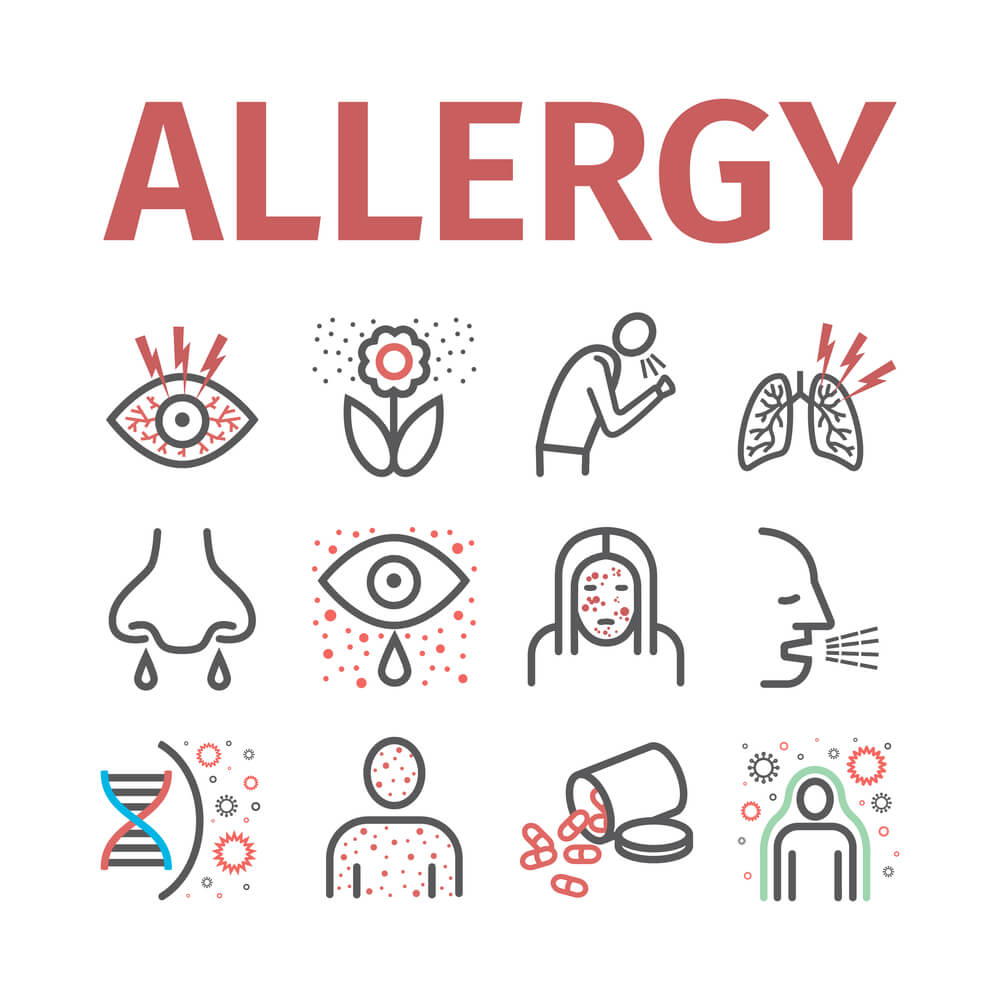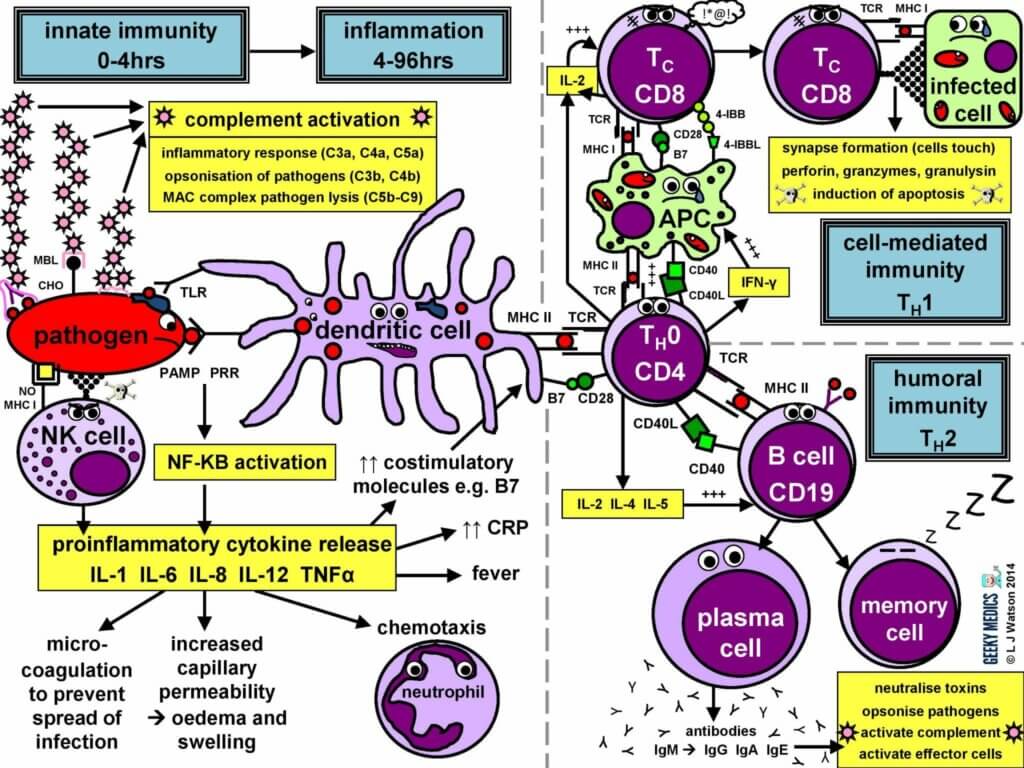What caused this zero to sixty 180-degree change in mood?
It’s a normal day and everything seems to be going well. Then, all of a sudden, your care receiver begins pacing, muttering, and would not answer any questions. You are trying to find out what is happening. They have Parkinson’s disease, but this has never happened before.
Agitation is common in Parkinson’s disease, Alzheimer’s disease, Lewy body dementia, Multiple sclerosis, Chronic pain, other dementias, Bipolar disorder, Autism, Personality disorder, Substance abuse disorder, Depression, and other chronic health conditions. How can the caregiver help with restlessness? Remember, it isn’t just agitation in dementia that is a problem. You will see agitation in people living with dementia, people living with Parkinson’s disease, and those with MS, but the cause of the agitation may not be so easy to figure out.
March 29, 2023
Agitation
Agitation is a feeling of uneasiness, aggravation, or restlessness. Irritability and feeling tense are also common signs of agitation. Agitation can be brought on with little to no provocation. Not all agitation gets aggressive, but sometimes, it does. Become more aware of agitation signs and symptoms. The goal is to de-escalate the situation.
Your loved one (care receiver) may or may not be aware that they are agitated. Agitation has been described using these statements: “I can’t sit still.” “I can’t stay in one place, I have to move, I don’t like it here.” “I have to move.” They may pitch a temper tantrum, throw things, and start accusing you of messing with their “stuff.” Even asking the same question over and over is a form of agitation,
Parkinson’s disease
People with Parkinson’s disease or other cognitive decline disorders commonly have some type of psychosis. Psychosis(some type of disconnect with reality) includes hallucinations, delusions, or paranoia. You may also see impulsive or compulsive behaviors too. Agitated behavior is quite common in the mid to later stages.
This is where you marshal up your strength and do what needs to be done. You must remain calm. Remember, you are de-escalating the situation. You are not trying to win or be right. You cannot use logic when anyone is in the throes of an agitated state. They are not being logical; they can’t be logical. The amygdala part of their brain has been activated and everything else has been hijacked. Think fight, flight, fawn, or freeze actions.
As best that you can try to figure out what happened in the previous 30 minutes.
Causes of Agitation:
Happening in or to the body
· Hypoglycemia (low blood sugar)
· Head injury, Stroke, Seizure
· Infection
· Low oxygen levels
· Organ failure
· Too cold or too hot
· Pain or Discomfort
· Needing to pee or poop
· Dehydration
· Vision problems
Mental or Behavior health issues
· Dementia – any type
· Sundowning
· Psychosis
· Disruption of sleep (nightmares, sleep apnea, sleepwalking or talking, nighttime seizures)
· PTSD (post-traumatic stress disorder)
· Disruptive patterns of thinking
· Bipolar disorders
Substance use or abuse
· Alcohol
· Narcotics (pain meds)
· Stimulants (caffeine, thyroid medications, corticosteroids, asthma medications, seizure medications, Parkinson’s disease medications, ADHD medications)
· Hallucinogens (Cocaine, LSD, Ecstasy)
· Toxins (pesticides, heavy metals,)
Medical interventions
· Post-operative anesthesia
· Sedation
· Withdrawal from drugs
· Withdrawal from alcohol
· Drug-Drug interaction
· Long wait times
· Perception of unfair treatment
What to do to de-escalate the situation and decrease the agitation:
First, assess the situation for violence. Agitation may include physical aggression. What are they doing and what is close at hand for a weapon? What do they look like? Look at their breathing, eyes, and skin. What do you observe? They may be unable to express what they are feeling or what is happening to them. You may have heard the phrase “old man strength.” It is real and it is not just the men that have the strength either. The women do too. Remember, it is changes in the brain that are driving some of this behavior.
Problems to look for:
· Shallow, rapid breathing
· Pupils dilated
· Flushed or reddening of the skin
· Sweating
How are they acting?
· Throwing things
· Clenching of fists
· Irritable
· Hostile behaviors
De-escalate; Decrease Agitation:
If the area is safe, remain calm and talk in a low soft voice. Show compassion for their concerns. Use plain and simple language. Short sentences and do not be condescending. People with any type of dementia or cognitive impairment can experience restlessness and agitation.
Listen to them and remain respectful. Acknowledge their frustrations and perceptions. You don’t have to agree with them to acknowledge what they are feeling or believing. Ask open-ended questions, not yes-no questions, you want them to talk and try to explain what they are feeling. Do not pepper them with questions. Be conversational. They may not know exactly what is going on or why they are feeling this way. You are trying to manage the agitation and decrease their restless feelings and anxiety.
Try to get them to go to a neutral, calm area to decrease the stimulation they are experiencing.
You can assess the environment later, right now, the goal is to de-escalate and calm down. After they are calmed down, you can try to redirect their attention to a soothing activity. Watching a movie, listening to music, watching a TV show, or doing an art project. Maybe it is time for some physical activity to get rid of that excess energy.
Next steps
You will have to determine if this is an unusual situation or if it is becoming more and more common. Talk with your doctor, your loved one may need an evaluation to find the possible cause or triggers. If you haven’t done so, you will need to look at the home or environment they are in when the behavior occurs. Lighting, shadows, figurines, plants, and smells will all need to be evaluated as possible triggers.
Care partners (caregivers) can become agitated, too. Caregiving is hard when a loved one has dementia, it is even more difficult when your loved one with dementia has agitation and feels restless. Not only do you have to try and manage the dementia patient, but you also have to manage your own behavior, frustration, and agitation too. Most of the time it is a medical condition, underlying illness, or something that is making them uncomfortable that drives the behavior.
Pat






